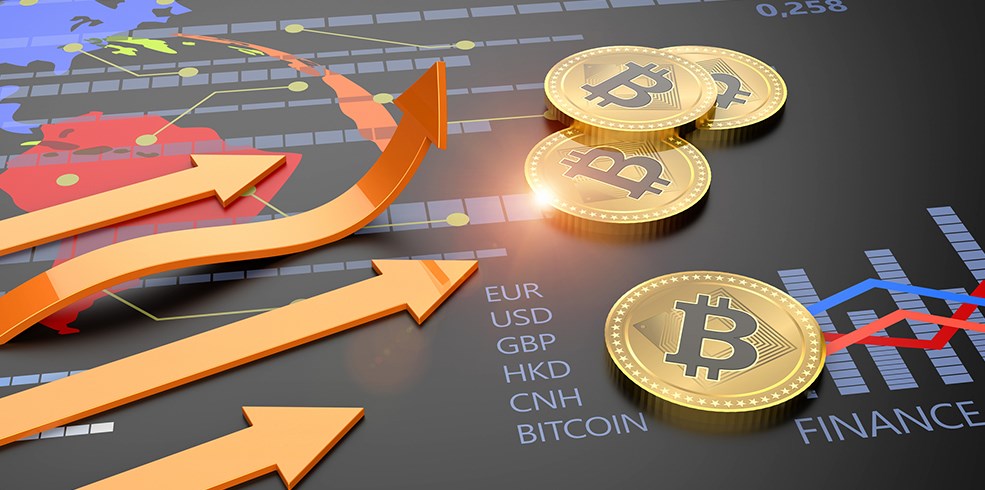What are the digital currencies?
- 全网都在看Original
- 2024-04-22 14:13:271076browse
The main currencies of digital currencies include: Bitcoin, Ethereum, Binance Coin, Tether, Ripple, Cardano, Dogecoin, Polkadot, Litecoin, and Bitcoin Cash.

What are the types of digital currencies?
Digital currency, also known as cryptocurrency, is a virtual currency established and used using cryptography principles. Currently, there are a wide variety of currencies in the digital currency market, each with its own unique characteristics and uses.
Main digital currencies:
- Bitcoin (BTC): The originator of digital currency and the most famous cryptocurrency , with the highest market value.
- Ethereum (ETH): A platform that supports the development of smart contracts and decentralized applications, with a market capitalization second only to Bitcoin.
- Binance Coin (BNB): A token issued by the Binance exchange and used for trading fees and platform services.
- Tether (USDT): A stablecoin pegged to the U.S. dollar, designed to provide stability to the cryptocurrency market.
- Ripple (XRP): A cryptocurrency focused on cross-border payments that is fast and low-cost.
- Cardano (ADA): A blockchain platform based on the proof-of-stake consensus mechanism, focusing on scalability and governance.
- Dogecoin (DOGE): A meme coin inspired by the Shiba Inu meme, popular for its social media influence.
- Polkadot (DOT): A blockchain interoperability platform used to connect different blockchain networks.
- Litecoin (LTC): A cryptocurrency similar to Bitcoin, but with shorter transaction times and lower fees.
- Bitcoin Cash (BCH): A cryptocurrency forked from Bitcoin with larger block capacity and faster transaction speeds.
The above is the detailed content of What are the digital currencies?. For more information, please follow other related articles on the PHP Chinese website!
Statement:
The content of this article is voluntarily contributed by netizens, and the copyright belongs to the original author. This site does not assume corresponding legal responsibility. If you find any content suspected of plagiarism or infringement, please contact admin@php.cn
Previous article:What types of digital currencies are there?Next article:What types of digital currencies are there?
Related articles
See more- The latest list of the three major domestic digital currency exchanges (steps in the process of buying Bitcoin in one minute)
- Which platforms can buy and sell Bitcoin in China? Top ten domestic Bitcoin trading software apps
- Three major cryptocurrency exchanges have been blocked, and the official accounts of three major cryptocurrency platforms have been blocked!
- How to see wallet address on Binance
- Litecoin wallet payment address

